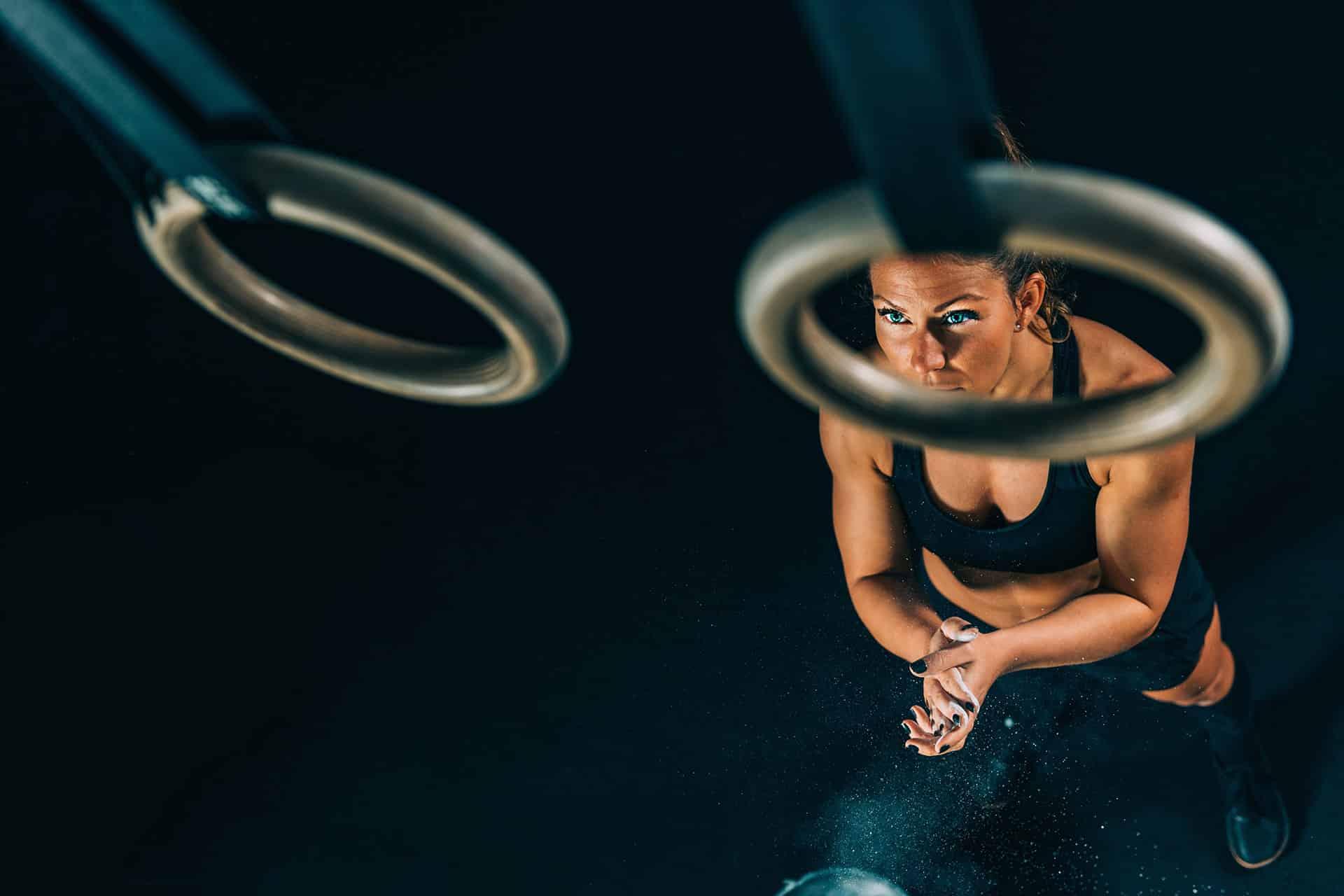Mental focus and clarity are critical components of athletic performance, as they enable athletes to make split-second decisions, maintain concentration, and stay motivated throughout training and competition. This article will discuss the importance of mental focus in athletic performance, provide practical strategies for improving concentration, mental clarity, and overall cognitive function, and delve deeper into the factors that can impact an athlete’s mental focus.
The Importance of Mental Focus in Athletic Performance
Mental focus is essential for athletes across all sports and disciplines, as it contributes to:
- Decision-making: The ability to make quick and accurate decisions under pressure is crucial in high-stakes situations, such as during a game or competition.
- Concentration: Maintaining focus and avoiding distractions can help athletes stay on track and perform at their best.
- Motivation: A strong mental focus can help athletes push through challenging moments and stay committed to their goals.
- Confidence: Believing in one’s abilities and maintaining a positive mindset can enhance performance and overall success.
Factors Affecting Mental Focus
Various factors can impact an athlete’s mental focus and concentration, such as:
- Stress: High levels of stress can impair cognitive function, leading to reduced concentration, decision-making abilities, and overall mental clarity.
- Fatigue: Physical and mental fatigue can negatively affect focus and performance. Ensuring proper rest and recovery is essential for maintaining optimal cognitive function.
- Nutrition: A well-balanced diet that includes nutrient-dense foods is crucial for supporting optimal brain function and mental clarity. Additionally, staying hydrated is essential for maintaining cognitive function.
- Environment: External factors, such as noise, lighting, and temperature, can influence an athlete’s ability to concentrate and perform at their best.
Strategies for Improving Mental Focus
Here are some practical strategies for improving mental focus and concentration in athletes:
- Develop a pre-performance routine: Establishing a consistent routine before training or competition can help create a sense of familiarity and reduce anxiety. This might include deep breathing exercises, visualization, or a specific warm-up routine.
- Practice mindfulness and meditation: Regular mindfulness practice can help improve concentration, reduce stress, and increase self-awareness. Consider incorporating meditation, deep breathing exercises, or yoga into your training regimen.
- Set specific, achievable goals: Establishing clear and realistic goals can help maintain motivation and provide a sense of purpose. Break down larger objectives into smaller, manageable tasks to keep your focus sharp.
- Fuel your brain: A well-balanced diet that includes nutrient-dense foods, such as whole grains, fruits, vegetables, lean proteins, and healthy fats, can support optimal brain function and mental clarity. Additionally, staying hydrated is crucial for maintaining cognitive function.
- Prioritize sleep: Adequate sleep is essential for cognitive function, memory consolidation, and overall health. Aim for 7-9 hours of sleep per night and establish a consistent sleep schedule. Create a sleep-friendly environment by limiting screen time before bed, reducing noise and light, and maintaining a comfortable room temperature.
- Limit distractions: Reduce potential distractions during training and competition by minimizing exposure to unnecessary noise or visual stimuli. This might include turning off your phone, wearing noise-canceling headphones, or finding a quiet space to train.
- Train your focus: Incorporate exercises that specifically target cognitive function and concentration, such as reaction drills, mental puzzles, or dual-task training. Regular practice can help strengthen your mental focus and enhance your overall performance.
- Manage stress: Develop healthy stress management techniques, such as deep breathing exercises, progressive muscle relaxation, or journaling, to help maintain mental focus during high-pressure situations. Engage in regular physical activity and prioritize relaxation and self-care to reduce overall stress levels.
- Learn from setbacks: Embrace challenges and setbacks as opportunities for growth and learning. Reflect on your experiences and identify areas for improvement to maintain a growth mindset. Cultivate resilience by focusing on your strengths and achievements while learning from mistakes.
- Seek professional support: If you’re struggling with mental focus or performance anxiety, consider working with a sports psychologist or mental performance consultant to develop personalized strategies for improvement. They can provide valuable insight and guidance to help you overcome barriers and reach your full potential.
- Stay organized: Keep a structured daily schedule, set clear priorities, and allocate time for both training and recovery. Staying organized can help you maintain focus and make the most of your time.
- Build mental toughness: Work on developing mental resilience and the ability to overcome adversity. This can involve visualization exercises, positive self-talk, and adopting a growth mindset.
- Stay connected: Surround yourself with supportive, like-minded individuals who can offer encouragement and share their experiences. Engaging with peers can provide valuable insights and help you stay motivated and focused on your goals.
- Practice visualization techniques: Regularly visualize yourself successfully executing your athletic tasks and overcoming challenges. Visualization can help you mentally rehearse your performance, improve confidence, and strengthen your mental focus.
- Reflect and adjust: Regularly assess your progress and performance, and be willing to adjust your strategies and goals as needed. This can help you stay focused on what is working and identify areas that may need improvement.
In conclusion, mental focus is a critical component of athletic performance, and incorporating practical strategies for improving concentration, mental clarity, and overall cognitive function can help athletes achieve their goals. By prioritizing mental training, proper nutrition, and self-care, athletes can enhance their performance and overall well-being. Understanding the factors that impact mental focus and implementing targeted strategies to address them can lead to significant improvements in athletic performance and personal growth.



